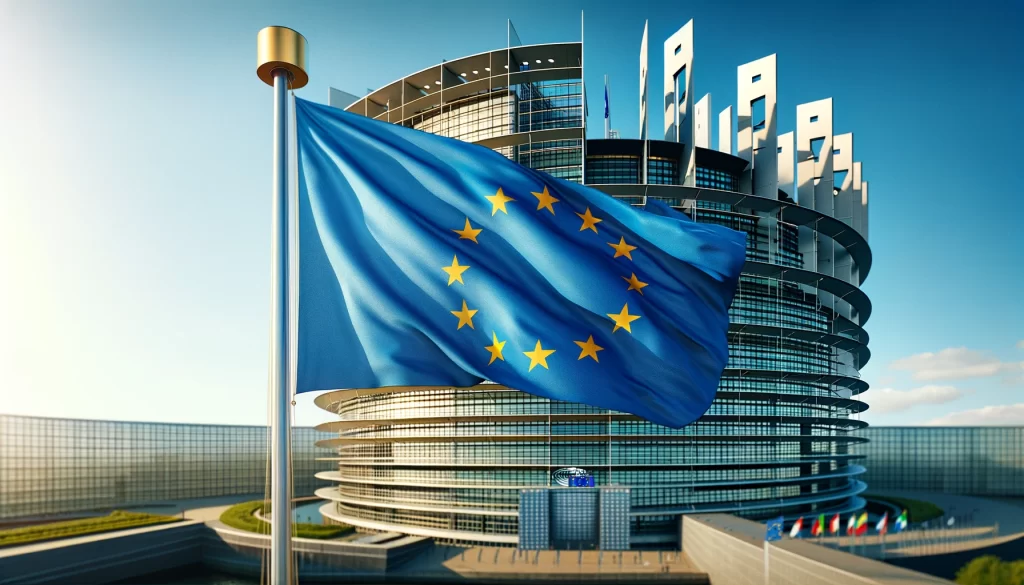The European Union’s efforts to enforce corporate accountability for supply chain practices face significant hurdles as key member states push back on proposed regulations.
The European Union’s ambitious Corporate Sustainability Due Diligence Directive (CSDDD), aimed at ensuring companies are held accountable for human rights and environmental violations within their supply chains, has hit a roadblock. Germany’s opposition, coupled with reluctance from other member states, has left the directive in limbo, as reported by Reuters.
Initially, the directive sought to encompass companies with a minimum of 500 employees and annual revenues exceeding €150 million. However, in an attempt to gain the support of Germany and Italy, the criteria were revised to target larger entities, specifically those with over 1,000 employees and €300 million in revenue.
Despite these concessions, the directive faced a setback on February 28 when Germany, followed by Italy, retracted their support. Belgium, currently holding the European Union presidency, has suggested further softening the directive and allowing a more extended period for companies to adapt to new requirements. These requirements include mandatory disclosures regarding the environmental and social impacts of their supply chains, including the use of child labor.
Germany, which has its national due diligence laws, has expressed concerns through the liberal FDP party, led by Chancellor Olaf Scholz. The party argues that the CSDDD could introduce excessive legal uncertainty and bureaucratic burdens for businesses. Echoing this sentiment, Italy’s government, aligning with business lobbyists, cautioned that the directive could disproportionately affect small and medium-sized enterprises.
In response to these concerns, recent drafts have seen the removal of references to downstream activities, such as the recycling and disposal of products, particularly to alleviate Italian apprehensions. This draft, disseminated on March 6 by Belgium, reflects the ongoing negotiations and the delicate balance the EU seeks to strike between corporate responsibility and economic interests.




